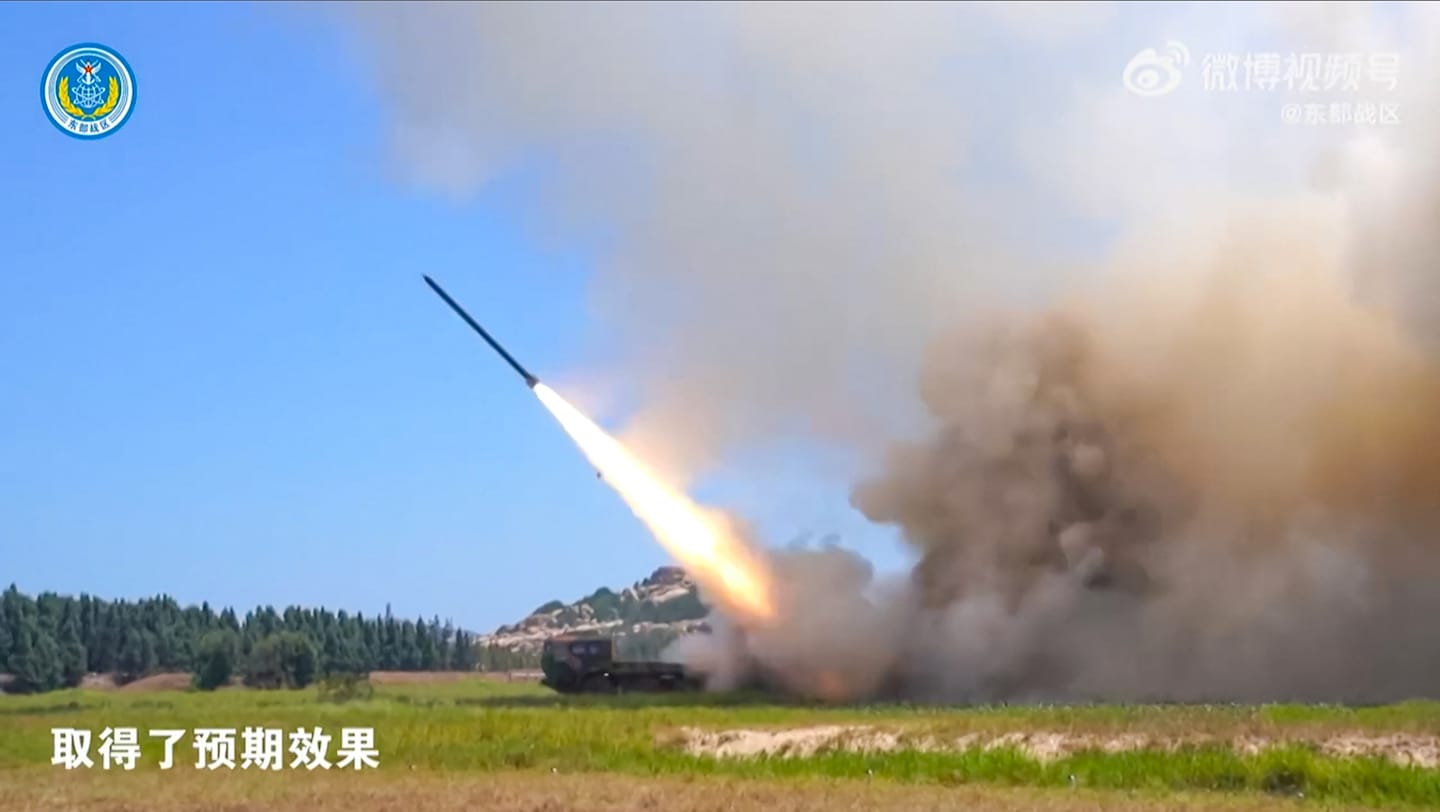China’s show of force against Taiwan on Thursday included firing missiles into the sea and threatening the island’s territorial waters. Taiwan said China fired 11 ballistic missiles into the waters off its northeastern and southwestern coasts, and Japanese officials said five Chinese missiles landed in Japan’s exclusive economic zone.
The White House also reiterated to Qin that it wants to keep all lines of communication open and that nothing has changed about the United States’ one-China policy, which stipulates that there is a single Chinese entity and no independent enclaves. But the White House also stressed that it found Beijing’s actions unacceptable and would stand up for its values in the Indo-Pacific.
The meeting, which has not been previously reported, was between Qin and Kurt Campbell, deputy assistant to President Biden and coordinator for Indo-Pacific affairs on the National Security Council, according to a White House official, who spoke on the condition of anonymity to share details of a private conversation.
China’s military actions Thursday increased tensions in the Taiwan Strait to the highest level in decades, raising fears of a dangerous miscalculation in one of the world’s most charged geopolitical flash points. Beijing has openly voiced its anger over Pelosi’s visit to Taiwan, which it considers part of its territory awaiting unification, and US-China relations were already strained because of disputes over trade, human rights and other issues.
The White House highlighted to Qin a statement from the Group of Seven industrialized democracies, Kirby said, which stressed that China should not use Pelosi’s visit as a pretext for aggressive military action in the Taiwan Strait. The White House also expressed support for a statement from the Association of Southeast Asian Nations, or ASEAN, which called on all sides to de-escalate tensions and engage in dialogue.
“We made clear once again as we have done privately at the highest levels and publicly: Nothing has changed about our one-China policy. We also made it clear that the United States is prepared for what Beijing chooses to do,” Kirby said. “We will not seek and do not want a crisis. At the same time, we will not be deterred from operating in the seas and skies of the Western Pacific, consistent with international law, as we have for decades — supporting Taiwan and defending a free and open Indo-Pacific.”
Chinese state broadcaster CCTV said the Eastern Theater Command of the People’s Liberation Army (PLA) carried out long-range, live-fire exercises and “precision strikes” on eastern parts of the strait. Taiwan’s Defense Ministry said the PLA fired 11 Dongfeng ballistic missiles.
The White House sought to de-escalate tensions with China ahead of and during Pelosi’s visit, which the speaker undertook against the administration’s wishes. White House officials warned earlier this week that China was preparing for possible aggressive actions that could continue well beyond Pelosi’s visit.
Virtually all the senior members of Biden’s national security team had privately expressed deep reservations about the trip and its timing, the White House official said. They were especially concerned because US-China tensions are already high, and Washington is seeking China’s cooperation on the war in Ukraine and other matters.
Top White House officials defended Pelosi’s right to travel to Taiwan both publicly and to their counterparts in China, but even so, some of them still did not think the trip was a good idea, the official said.
China has sought for years to diplomatically isolate Taiwan. The Chinese Communist Party claims the island, a self-governing democracy that is home to over 23 million people, as its territory, and Chinese leader Xi Jinping has pledged to “reunify” Taiwan with China, by force if necessary.
But Pelosi doubled down on Thursday, saying China would not succeed in bullying the island.
“They may try to keep Taiwan from visiting or participating in other places, but they will not isolate Taiwan,” Pelosi said in Tokyo, the last stop of her tour. “They are not doing our traveling schedule. The Chinese government is not doing that.”
At a news briefing Thursday, Kirby said the United States is responding to China’s actions.
The United States will conduct standard air and maritime transits through the Taiwan Strait over the next few weeks, he said, and will take “further steps” to stand with its allies in the region, including Japan, although he did not specify what those actions would be. The aircraft carrier Ronald Reagan and its battle group will remain near Taiwan to monitor the situation, Kirby added.
Lily Kuo contributed to this report.
